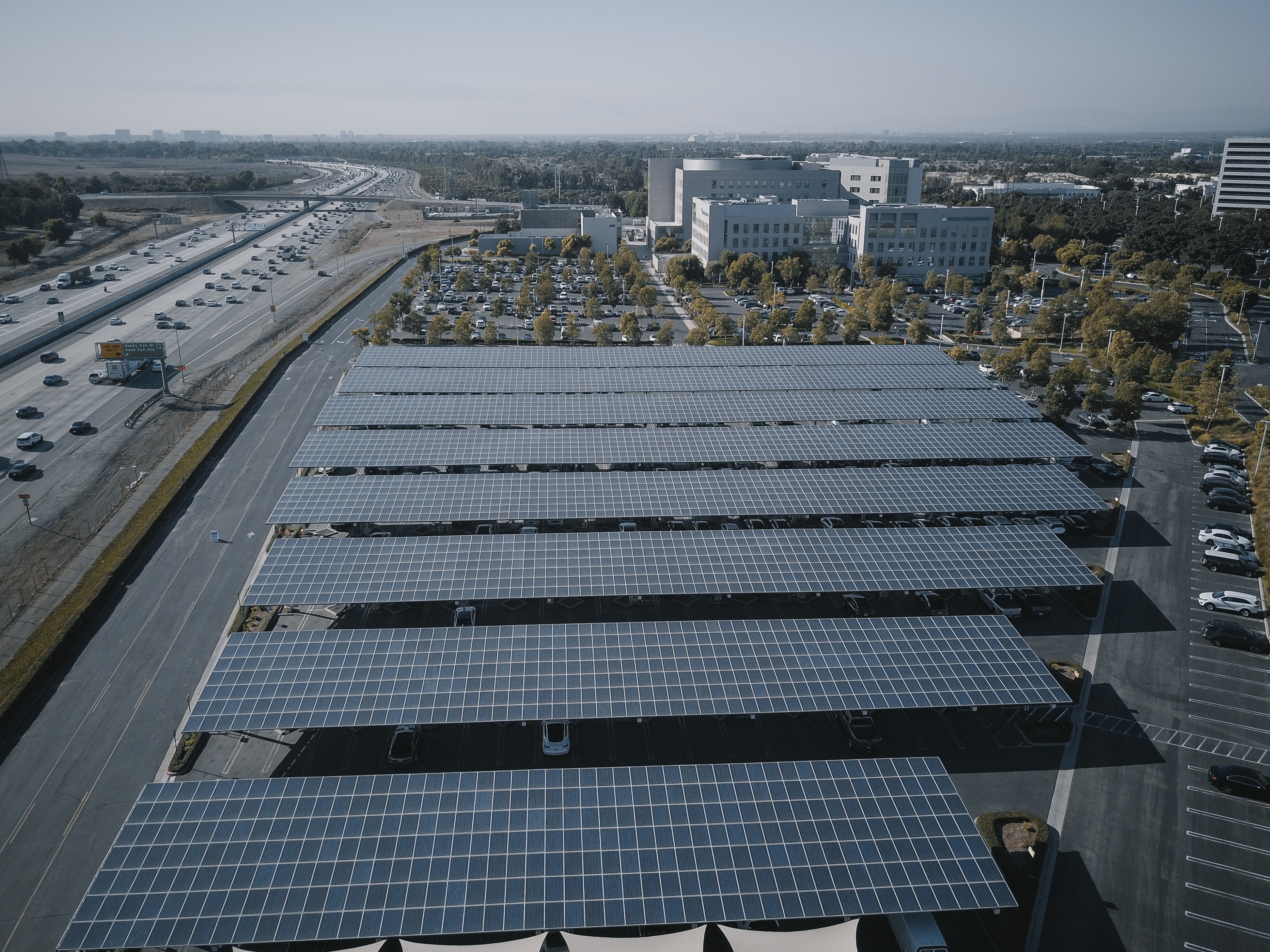GEOP and how it can benefit Businesses in the Philippines
- August 28, 2023
- 0

In a world striving to curb carbon emissions and transition to sustainable energy sources, the Philippines is stepping up its effor
The Philippines now strives to boost RE’s share to 35% by 2030 and 50% by 2040, demonstrating a steadfast commitment to a greener energy future.
The core concept of GEOP is simple: Businesses can opt to source their electricity exclusively from renewable sources through the existing power lines, bypassing the standard energy mix dominated by conventional fuels. Through this program, businesses have the power to choose their preferred renewable energy supplier, ushering in a new era of energy consumption that is both environmentally conscious and economically viable.
Eligibility Criteria
To qualify for the GEOP, businesses must meet specific criteria:
Customer Demand: Businesses operating for over 12 months need an average peak demand of 100kW or more for the past year. Those operating for less than 12 months need a projected average peak demand of 300kW or above for the next year, or a projected average peak demand between 100kW and 300kW with a registered demand of at least 100kW for three consecutive months.
Notification: Eligible businesses receive a notification through their monthly bill from the Distribution Utility (DU) indicating their qualification for the GEOP. The notice also provides information on the procedure to switch to a preferred Renewable Energy Supplier.
Conditions Precedent: Businesses should not have any outstanding balances with the Distribution Utility or Transmission Company.
Switching Requirements
Switching to renewable energy requires meeting certain technical and administrative requirements, such as metering capabilities for 5-minute readings.
The Managed Service Provider (MSP) is responsible for covering all expenses related to meters and their installation. Nevertheless, in cases where the GEOP end user possesses an existing meter, the costs associated with the new meter, including its upgrade and reprogramming, will be the responsibility of the end user.
Notably, businesses should notify the Distribution Utility (DU) of their intent to join GEOP at least 90 days before signing a contract with a Renewable Energy (RE) Supplier.
Agreements, including the Connection Agreement/Transmission Service Agreement, Metering Service Agreement, and Distribution Wheeling Services Agreement, are integral to the transition process.
Notification to the Compliance and Relationship Branch (CRB) should occur at least 30 days before the new arrangement takes effect.
Requirements:
Businesses also have the option of single or dual billing, with single billing involving a consolidated bill from the RE supplier covering generation charges and pass-through fees, while dual billing entails two separate monthly bills from both the DU and the RE supplier.
Benefits of Switching to Renewable Energy
By embracing the GEOP and switching to renewable energy sources, businesses can enjoy a range of benefits:
Energy Security: Renewable energy sources are abundant and indigenous, reducing dependence on imported fossil fuels and making the energy supply less vulnerable to global market fluctuations.
Affordability: Through GEOP, businesses can select a renewable energy supplier that aligns with their energy needs and sustainability goals. This tailo
Sustainability: The shift to renewable energy significantly reduces carbon dioxide emissions, helping businesses contribute to environmental preservation.
This report is based on the presentation of Mr. Patrick Ryan, Sales Manager of ACEN RES during the 2nd World Clean Energy Conference 2023.